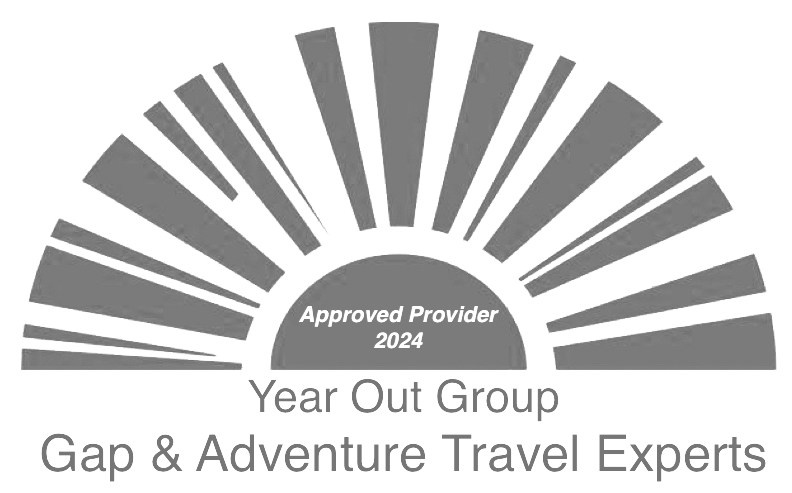A Conservation Success Story
The cheetah is listed as a vulnerable species. This is the level below actual endangered status, and sadly, there's only a small difference. With recent declines in cheetah populations throughout Africa, there’s a call to classify this gorgeous big cat onto the actual endangered red list, too. Part of the problem stems from man’s encroachment into wild territories. The cheetah has very large territorial needs, and even big swathes of land can only successfully support a few individuals in a natural, healthy way. With humans creating boundaries, dividing land, and bringing enticing livestock herds into the cheetah’s hunting grounds, it was inevitable these space-loving apex predators would come into conflict with us.
Partnership with EWT
This need for large territories with small populations presents a severe problem for conservation efforts. Where there’s limited populations, issues from small gene pools arrive. Smaller reserves were previously not able to contribute much to the fight to save our spotted friends.
The African Wildlife Experience Project is proud to have partnered with the Endangered Wildlife Trust (EWT) to solve this issue and help private reserves like ours meaningfully contribute to cheetah conservation. This enables us to create healthy, satisfying free-roam spaces for a small cheetah population, just as nature intended.
The team started with just two adults. When their cubs are ready for territories of their own, they are relocated to other participating reserves where they, too, can live safe and healthy lives of their own and find suitable mates, without the risk of inbreeding and further damage to their limited genetic stock.
All cheetahs monitored under the program have VHF collar devices, which allow the team to track them. Not only does this allow further research into the species, but it helps keep them safer by giving the team warnings of conflict points.
Their Proudest Achievement
In April 2022, the team were able to celebrate the birth of two rambunctious and healthy babies, the ultimate pinnacle of the project’s purpose - but their work doesn’t stop here!
Of course, the little ones will need to grow and mature with their parents, learning to hunt and live free. When they are mature young adults who will need their own breeding partners, they will say goodbye to the African Wildlife Experience Project reserve, and find a new home in a different conservation area to thrive as adults. This will be strictly within the project confines, ensuring all the safety checks remain in place for them as with their proud parents. This way, the cheetah conservation project will succeed over and over again.
Where to From Here?
This is an incredibly exciting time for the team, but there is a lot more to be done. The team are looking forward to seeing the grand-cubs and great grand-cubs thrive in their African homeland, but there’s a long way to go before that dream happens.
By volunteering at this project, you will be a critical part of these efforts, ensuring that generations to come can enjoy the sight of these magical creatures.
Yours,
Sarah Booth (Volunteer Manager)
The Good Hope Volunteers Team
To be part of our amazing volunteer community, please contact us.
Follow us on Instagram (@good_hope_volunteers), Facebook (@goodhopevolunteers) and Twitter (@GHVvolunteers)

